Sustainable development
The links between water & sustainable development
As early as 2015, Romania adopted the 2030 Agenda for sustainable development, which is based on the balance between the three dimensions of sustainable development: economic, social, and environmental. In a world-first, 193 member states of the UN have joined a common vision for the entire Planet, and the actions are equally aimed at developed and developing states.
The 2030 Agenda includes 17 Sustainable Development Goals (SDGs), informally called Global Goals. They cover all areas of human activity in an attempt to succeed, by 2030, in eradicating extreme poverty, combating inequalities and injustice, and protecting the nature and future of life on the Globe.
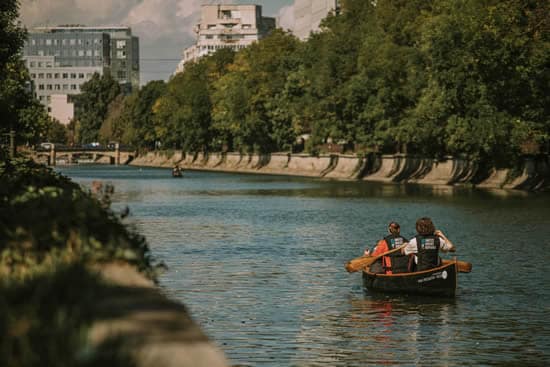
Six of these 17 SDGs directly impact our relationship with water:
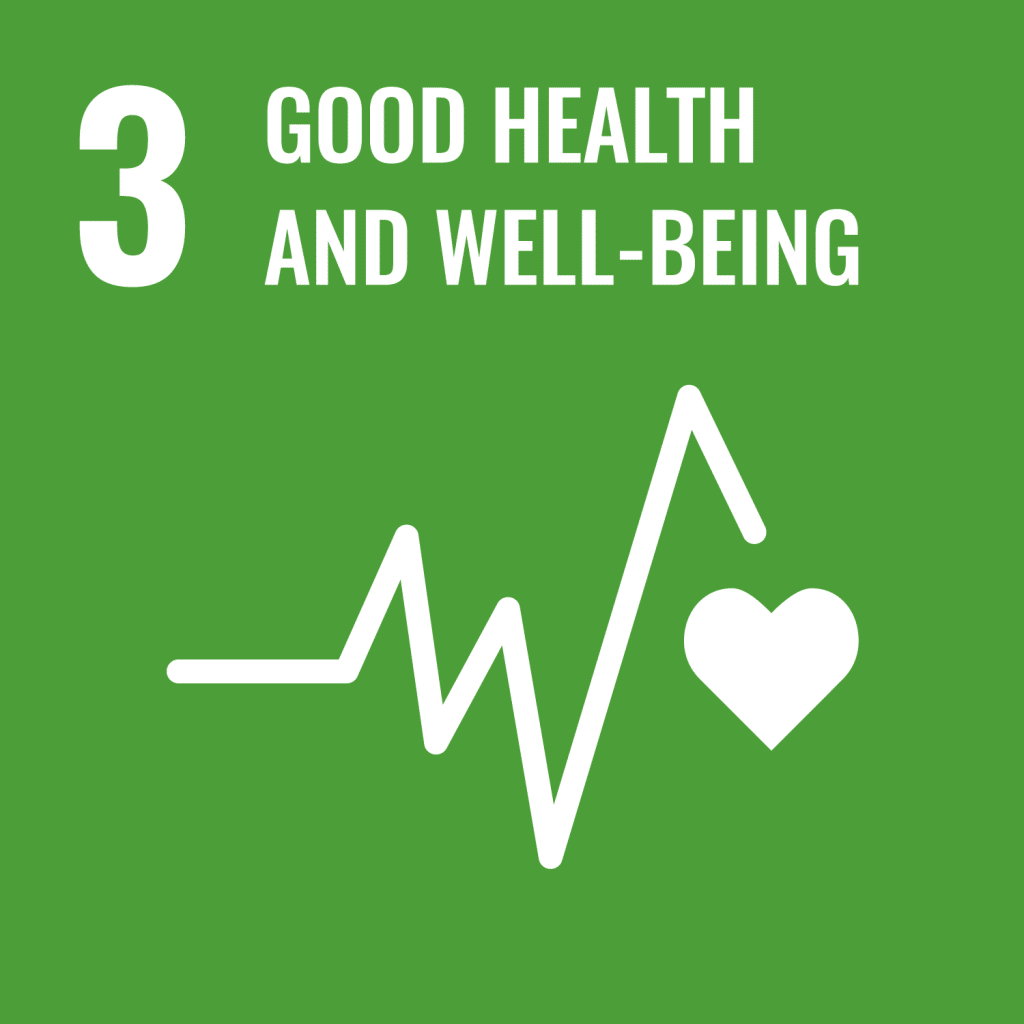
ODD 3 – health and well-being (ensuring a healthy life and promoting well-being for all, at all ages). Water connection: easy access to quality health services; disease prevention activities through an active, sporty lifestyle in a favorable environment
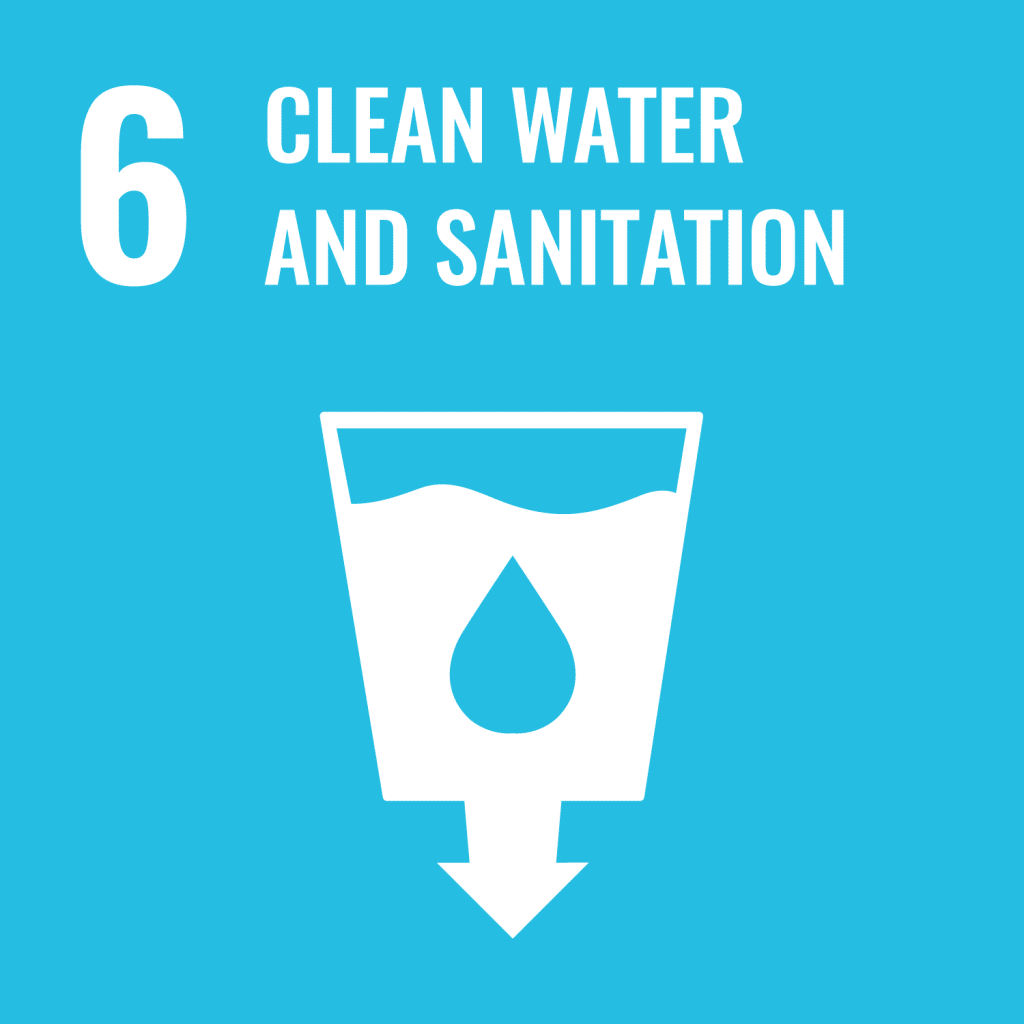
ODD 6 – clean water & sanitation (ensuring availability & sustainable management of water & sanitation for all). Water connection: managing the population’s access to water and its quality; wastewater; underground water; infrastructure for water supply
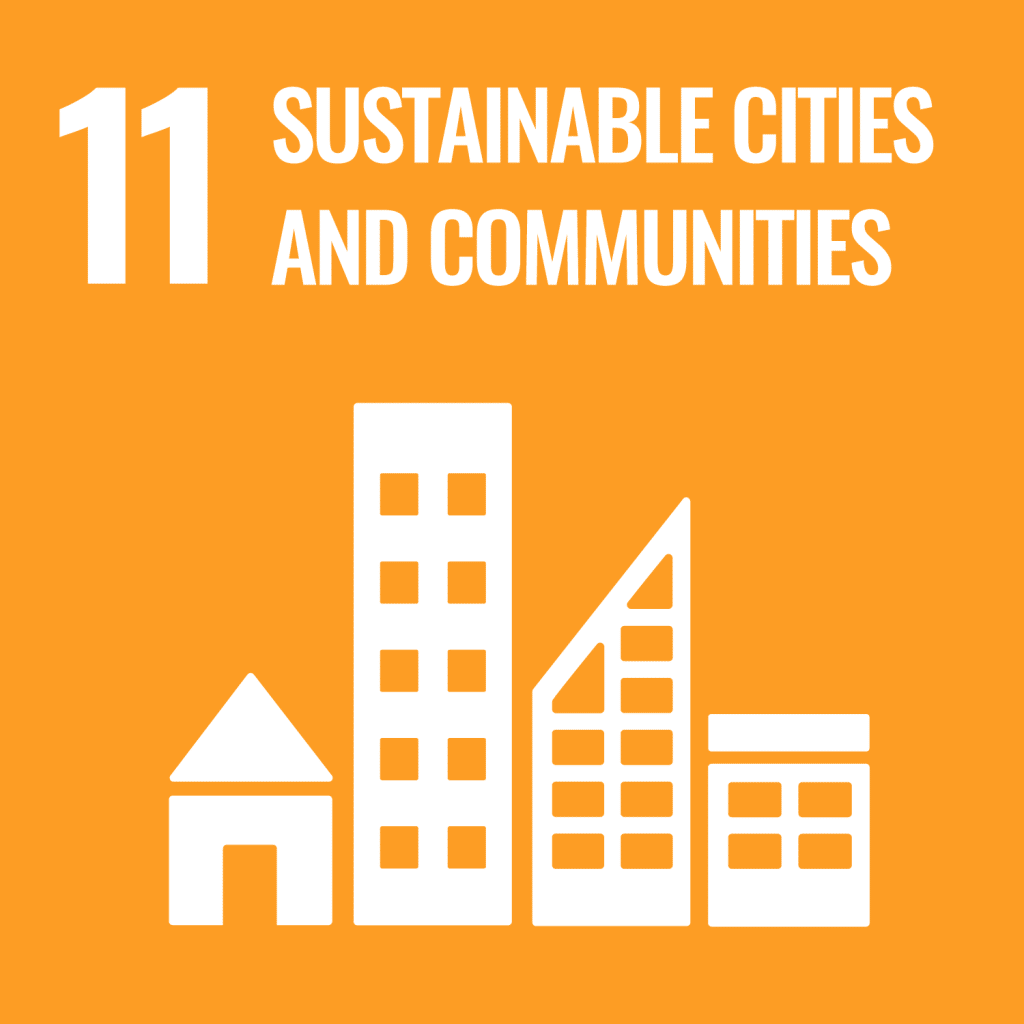
ODD 11 – sustainable cities and communities (developing cities and human settlements to be inclusive, safe, resilient and sustainable). Water connection: decent housing (with access to quality running water); flood risk prevention; smart city solutions
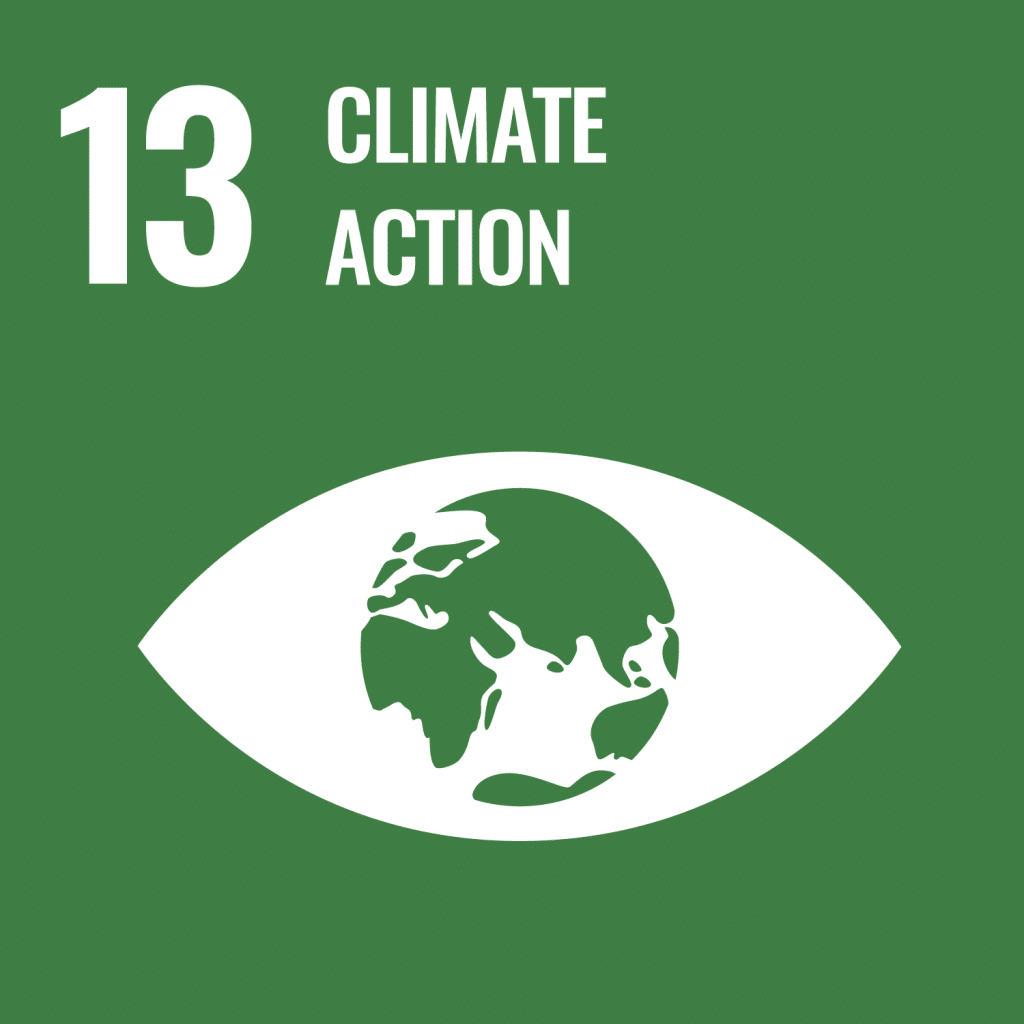
ODD 13 – climate action (taking urgent measures to combat climate change and its impacts). Water connection: natural disasters that affect watercourses or lead to flooding; the capacity of communities to manage the risks generated by disasters; the rise of the planetary ocean level, impacting the disappearance of coastal cities; reducing the polar ice cap; lack of water for agriculture; transition to a green economy
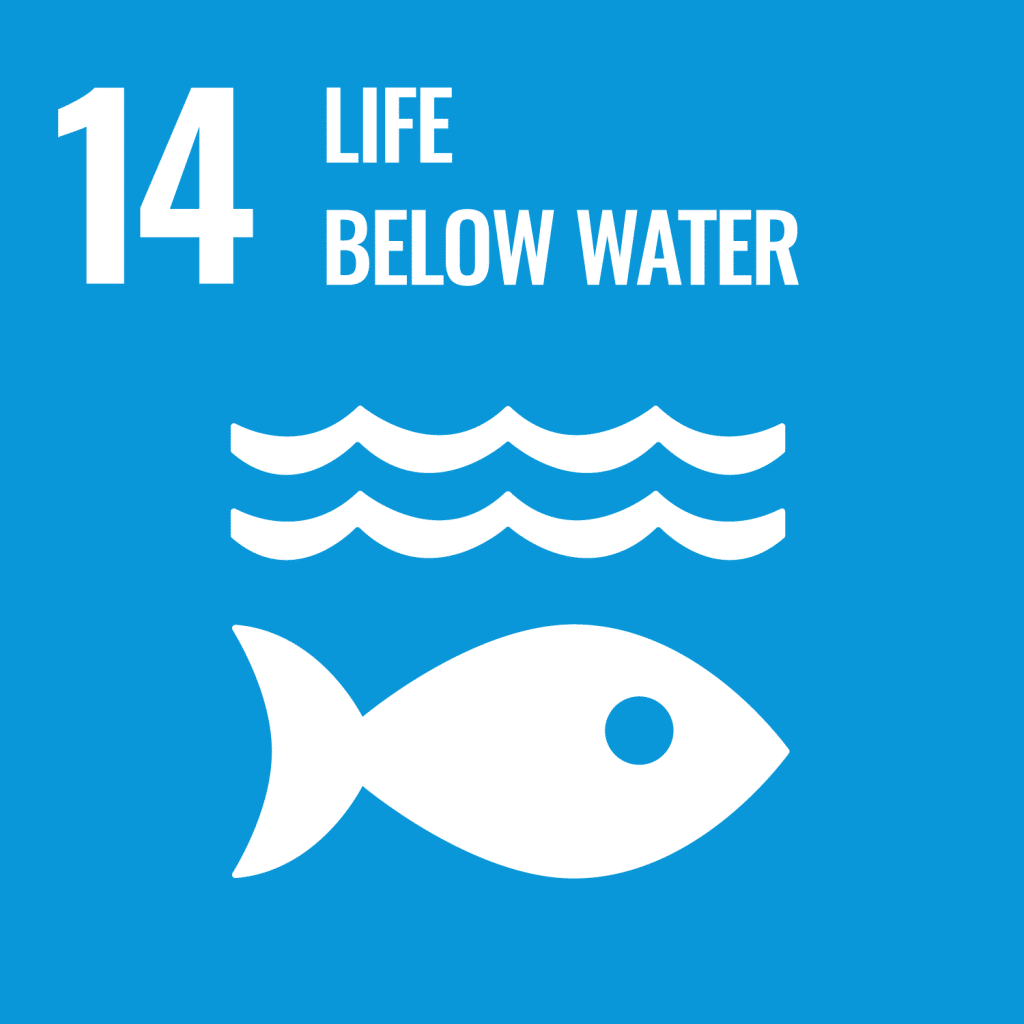
ODD 14 – aquatic life (conservation and sustainable use of oceans, seas, and marine resources for sustainable development). The Water Connection: Conserving Marine Ecosystems and Healthy Coastal Zones; protecting areas near water; preserving biodiversity; responsible fishing without depleting fish resources; protecting marine animals and vegetation from the increasing pollution of the planet’s ocean; scientific cooperation (solutions)
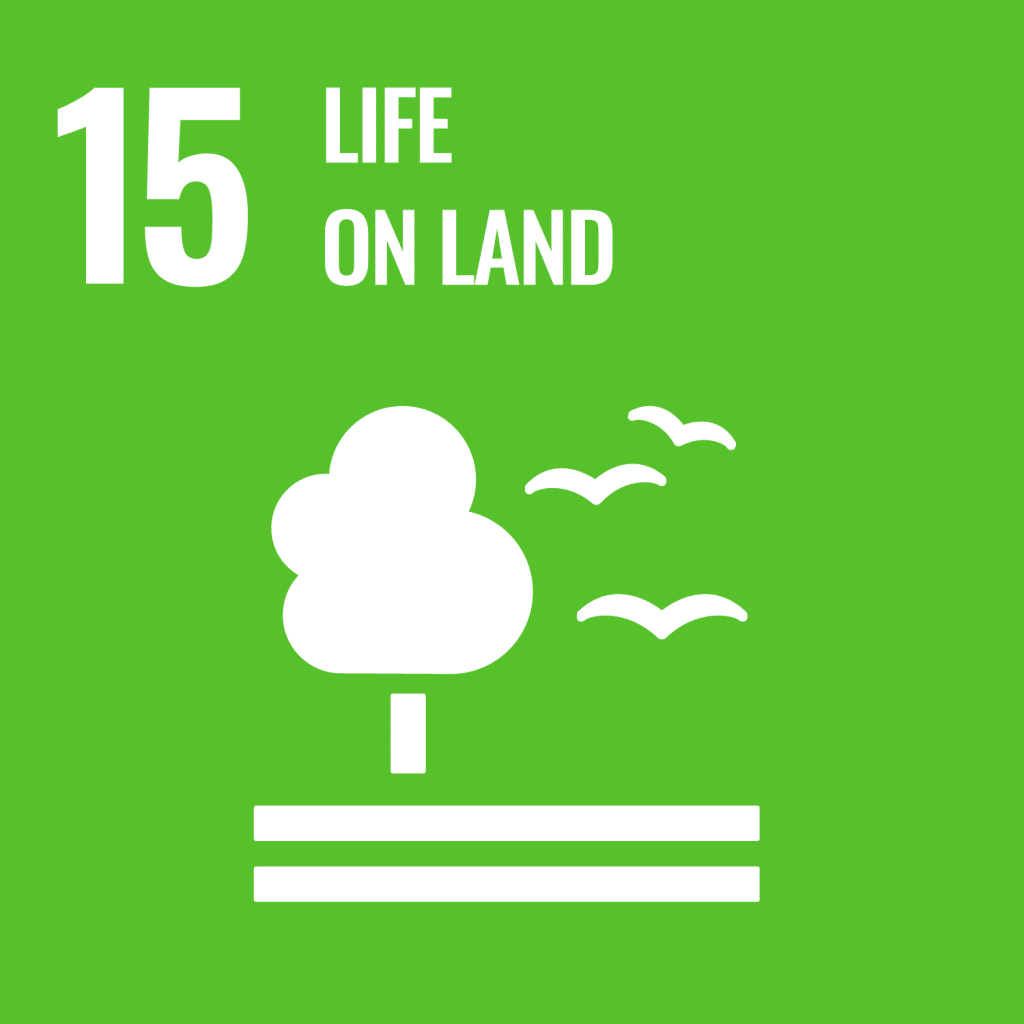
ODD 15 – terrestrial life (protecting, restoring, and promoting the sustainable use of terrestrial ecosystems, sustainable forest management, combating desertification, halting and repairing soil degradation, and the decline of biodiversity). The water connection: a healthy water circuit in nature; protecting the soil and subsoil; maintaining harmony between fauna, flora, and water lustres; animal access to water, conservation and sustainable use of terrestrial freshwater ecosystems